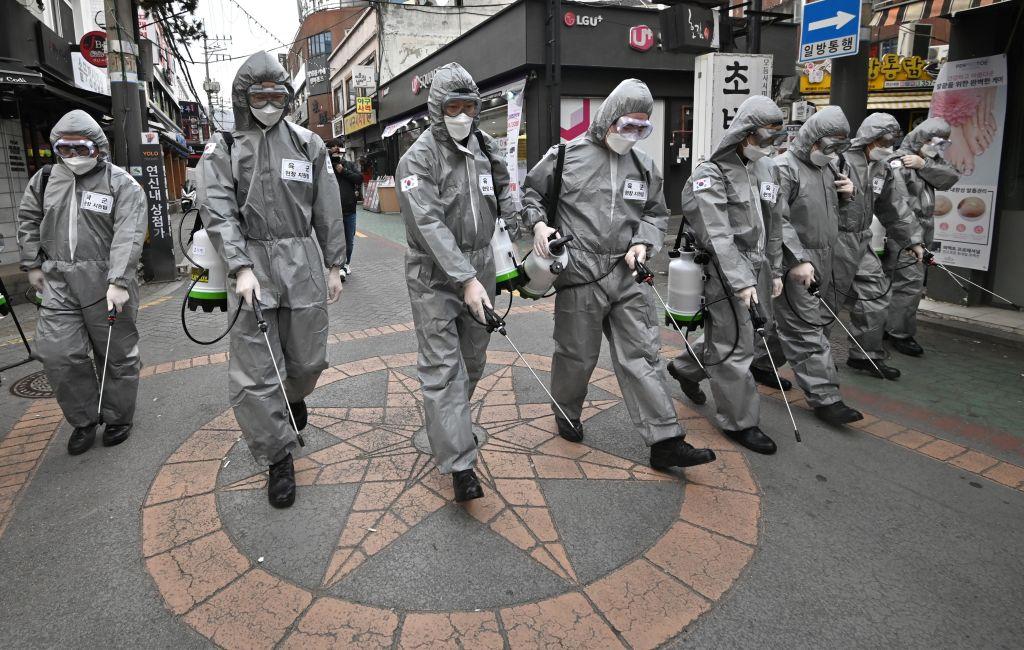Experts say personal protective equipment shortages in the United States reveal dangerous levels of over-reliance on globalized supply chains.
“I’ve been preaching the same message since 2007,” said Mike Bowen, founder of the Secure Mask Supply Association, an organization that for years has been raising the alarm about the United States being at the mercy of foreign government-controlled production facilities of personal protective equipment that is critical in fighting epidemics.





